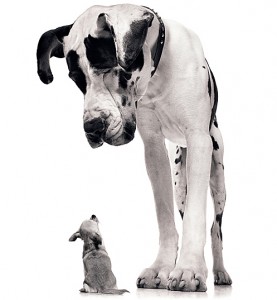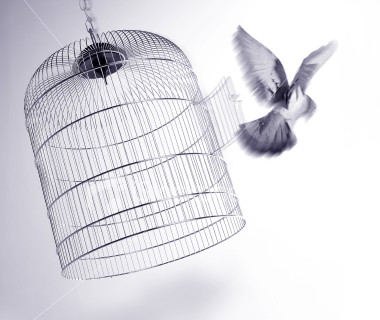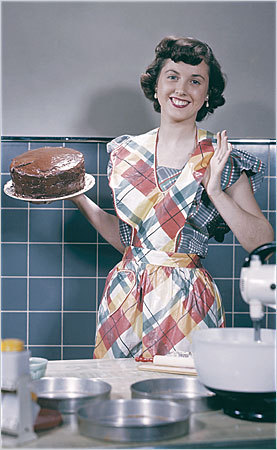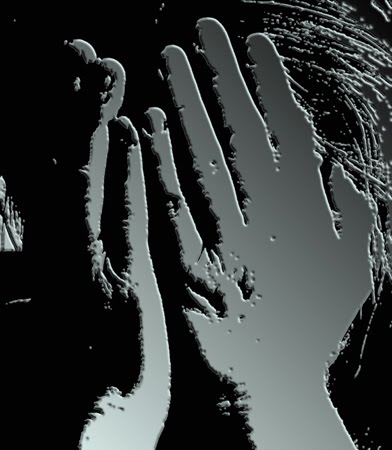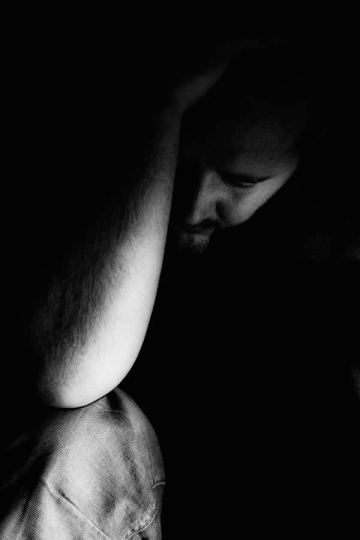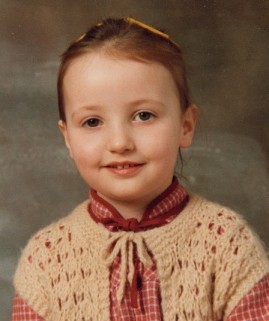This is something I’ve been working on a great deal in order to make my personality more stable and to lessen my feelings of insecurity. I thought it might be helpful to me and others if I wrote a post about it.
Practically everyone compares themselves to other people to some degree. One of our basic emotional needs is to feel accepted by the society we live in. It is therefore natural that we compare ourselves to others to check whether we are doing ok or not. Unfortunately, like a lot of normal habits, if we’re low on self-esteem it can get out of control and start to cause us damage instead of making us feel better. It can even become distorted and end up as a way of punishing ourselves when we already feel inadequate.
The trouble with comparing ourselves to other people is that we never have a full picture of what another person really is, even if we know them well we can never fully understand the multitude of experiences that went into making that person the way they are today. It is also impossible to ever really understand how another person feels or how they comprehend the world around them and that’s a difficult fact to grasp, we’re more comfortable with certainty, not ambiguity so we make assumptions about people and those assumptions are often wrong. In fact, in my experience, they are wrong most of the time.
To make matters worse, we identify parts of ourselves that are lacking in some way. We tend to think that if we were prettier, skinnier, smarter, fitter, richer, in a relationship, had more friends, were better at small talk, funnier, taller, shorter, wiser or less anxious then everything would be ok. We focus on our perceived short-comings and convince ourselves that they are the answer to all our problems. This is a very normal way of abdicating responsibility for ourselves, we ignore the fact that people can be perfectly happy without any of the qualities we long for. I know this to be true for myself, I have long believed that if I were prettier my life would be better, conveniently ignoring the fact that peoples’ attractiveness is no way related to how happy they are. Supermodels are among the most insecure people on the planet and if you don’t believe me, watch this –>
So what tends to happen is that we see other people who have the attributes that we are convinced would make our lives complete and we make the assumption that they are ‘sorted’. I have learned over and over again that this is quite simply not true. I had a friend once who was so pretty that people on first meeting her assumed she was a model. The moment she had one glass of wine however, she’d spend hours telling me how fat and ugly she was; she was in fact bulimic. She also had a glamorous career and was great fun at parties (if she didn’t catch you alone). People thought she was sorted, they saw the things she had that they wanted for themselves and they assumed she was happy. As a close friend I only occasionally saw the panic attacks and forced purging that told the real story.
Another friend of mine was so successful in her career and personal achievements that she was almost intimidating. I know that other people looked at her and assumed she had it all. I knew her intimately and I know that deep down she felt like a fraud. Everything she achieved was done to prove that she was worth something and no matter what she did nothing was ever enough. She had grown up believing that only perfection was acceptable and she measured herself by the most stringently unfair standards, but it was never enough. Her problem was on the inside where no-one could see it, she was driven by a deep sense of inadequacy and the only way she knew how to deal with it was to achieve more and more. Sometimes the people who seem to have everything, are driven by the same fears that hold others back from achieving anything.
That leads to another important point, what really matters in life is not what we do, but why we do it. What drives people to have careers, raise children, travel the world or work really hard at a sport? Are they doing it because if fulfils them with a deep sense of meaning and satisfaction or because they think those are the things they should be doing, things that are expected of them? Do people make lots of money because it gives them a sense of security or because they’re lucky enough that what they good at is also highly valued by society? It is our motives for doing things that govern how we feel, not what we achieve (although obviously we should enjoy and be proud of our achievements). Some of the happiest, most well-balanced and smartest people I know have achieved very little on paper. Some of the most attractive, popular, accomplished people I know are deeply unhappy.
Comparing ourselves to others is a way of judging ourselves; we feel that in order to be acceptable we have to obey certain rules about what is right and what is wrong. Judging ourselves completely undermines self-acceptance and self-validation and we need to be able to accept and validate ourselves to feel whole and happy. We need to be able to find within ourselves the strength and courage to be who we are rather than who think we ought to be in order to be accepted. I know how difficult this is; these habits become part of ourselves at a really early age when we are trying to establish our identity. If we have been damaged in any way while growing up we are likely to crave the approval of others even more so it is even more likely to become a key part of who we are and is then very difficult to shift.
I have been working on this for quite some time – when I first became aware of the habit and realised it made me feel worse about myself and not better I made an effort to start chipping away at it. Because I brought the habit into my conscious awareness I started to recognise myself doing it and when I did I stopped myself. The best way is to completely stop what I’m doing: I put on the radio or TV, phone up a friend for a chat, pick up a book, or simply force myself to think about something else. Before long I was noticing the habit more often and becoming aware of it sooner so it didn’t take hold so much and had less power over me. Overall, I’m developing my belief that I am enough, that I am a good person and I don’t need to spend excessive amounts of my time comparing myself to others whether it’s in a negative or positive light. I have learned what is important to me, I’ve decided that I’m ok with who I am and that’s all that need concern me. At one time I wouldn’t have thought this possible but it takes patience and persistence, two qualities I have also had to acquire for myself on the road to recovery.

